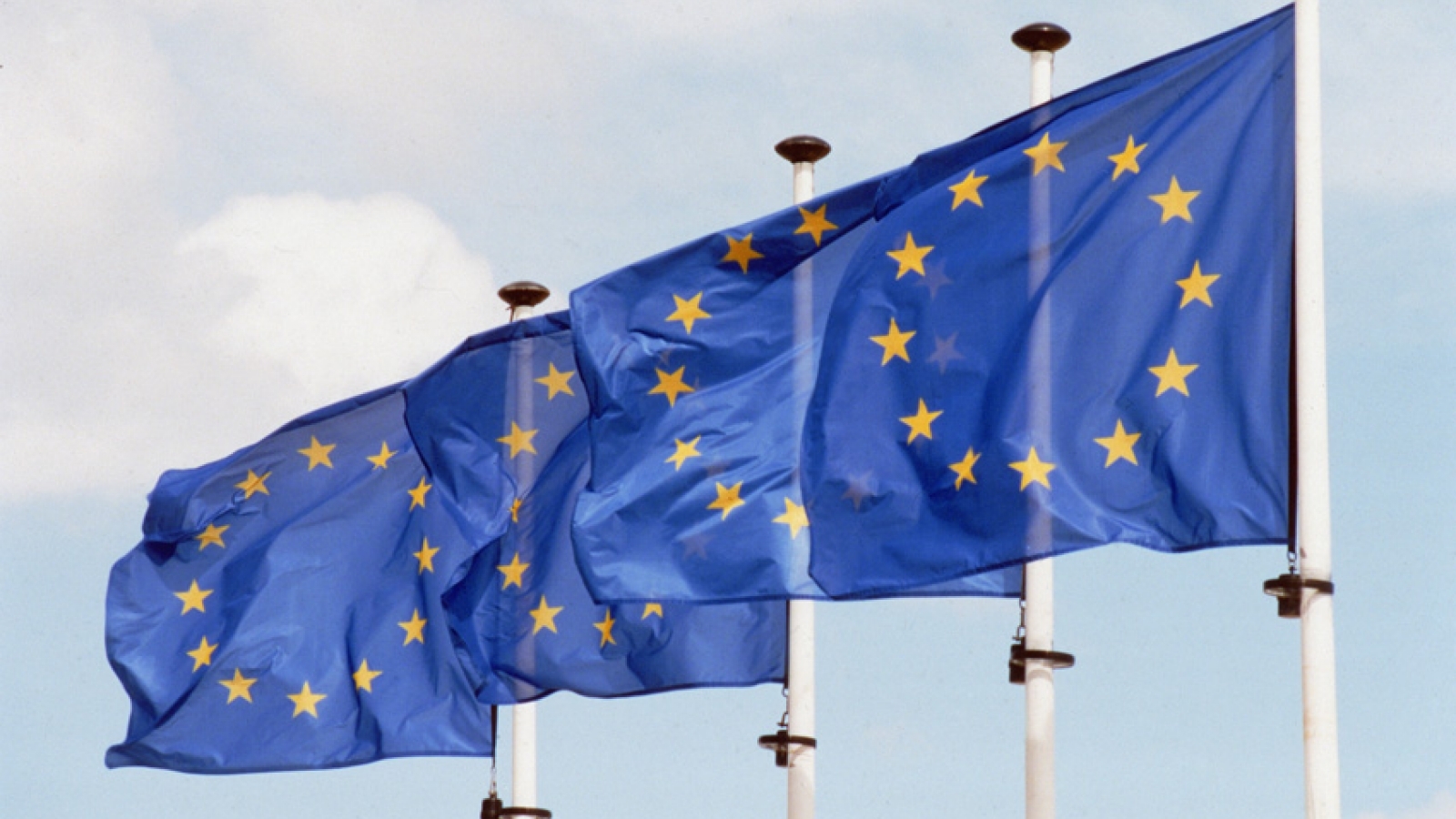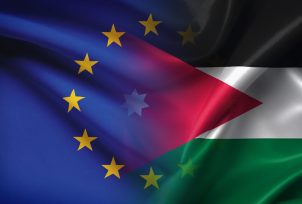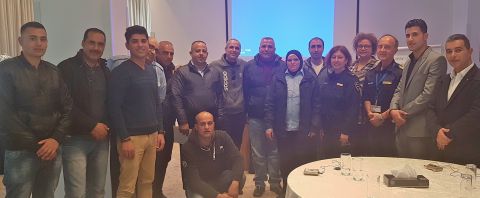The “Digital Innovations for Peace” (DIP) project concludes after 3 years
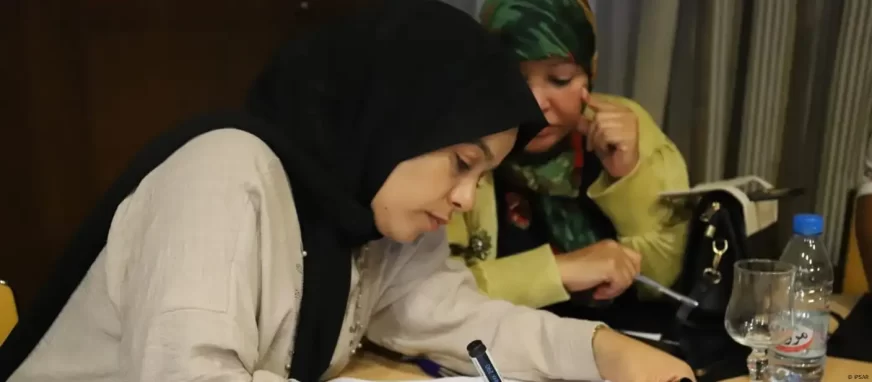
Since its launch in 2022, “Digital Innovations for Peace” (DIP) connected communities and media professionals through innovative initiatives. The project was funded by the European Union and the German Foreign Office. Following is a summary of many of the projects and campaigns that contributed to the success of DIP.
Strengthening networks and skills
Since its launch in 2022, “Digital Innovations for Peace” (DIP) created and nourished a vibrant online network of over 3,200 media professionals, ICT experts and entrepreneurs from Tunisia, Libya, Algeria, and other MENA countries. This dynamic community has become a hub for learning and collaboration. Over 10,000 media professionals were equipped with skills in data-driven journalism, social listening, digital security, media literacy and fact-checking (AI) methodologies. Additionally, the project supported 29 journalists with mini grants and mentorship, enabling them to produce high-quality, data-driven reports on topics such as migration, women’s rights and environmental challenges.
Empowering civil society
DIP was also instrumental in energizing civil society organizations across the MENA region, aiding them in launching impactful campaigns that advocate for marginalized groups and tackle discrimination and hate speech. These initiatives made notable advances in social justice and inclusivity.
For instance, the Djazairouna campaign in Algeria focused on legislative reforms against hate speech targeting women, aiming to raise awareness and curb violence and discrimination faced by women in Algerian society. In Tunisia, the Académie de Dialogue National promoted tolerance and increased awareness about African migrants, pressuring the government to implement anti-discrimination measures. Similarly, the IBSAR Initiative empowered people with disabilities by ensuring access to an inclusive digital environment and resources. In Libya, the H2O campaign mobilized youth and civil society to advocate for legal reforms against hate speech, specifically focusing on cybercrime laws to establish stronger protection for all citizens.
Digital innovation and start-ups
On the innovation front, Leaders International (LI) opened doors for aspiring entrepreneurs, linking them with tools and resources to boost media literacy. Their efforts led to the launch of seven exciting start-ups from Algeria, the West Bank, Jordan and Lebanon. After a rigorous three-month acceleration program, these start-ups presented their ideas to investors and policymakers:
- Field Production (D1+): Elevating awareness for Syrian women refugees in Gaziantep
- Fact Check (Kashif): AI-driven tool combating misinformation in Palestinian media
- MENA Media Mesh: AI platform analyzing media biases for better news navigation
- Spotcast: Highlighting marginalized regions in Lebanon through collaborative content
- Rouh روح: Producing human-interest video stories with a focus on safety
- New Media الاعلام الجديد: Enhancing public fact-checking skills as a training platform
- Tadqeqi: Fighting fake news in Algeria through educational resources
The program also identified over 100 digital tools and open-source solutions, engaging more than 180 participants through crowdsourcing competitions and hackathons that generated 27 award-winning concepts. Two notable examples are Seha AI for reliable health information and Almuhaqiq Thaki for teaching children to identify misinformation through engaging games.



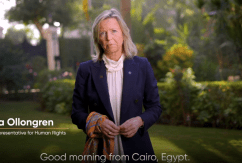

























 Syria
Syria 